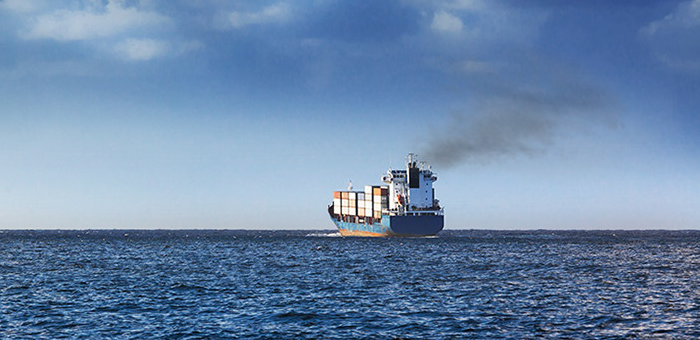As of 1st January 2022, all vessels navigating in Korean ports shall not consume fuel oil with a Sulphur content exceeding 0.5% save for vessels in the SOx Emission Control Areas where the limit of 0.1% applies.
Pursuant to the 2019 Special Act on the Improvement of Air Quality in Port Areas, any vessel moored or anchored in the SOx Emission Control Areas of the Republic of Korea – including Incheon, Pyeongtaek, Dangjin, Ulsan, Yeosu, Gwangyang and Busan – shall not consume fuel oil with a Sulphur content exceeding 0.1% (wt%). This has been in effect since 1st September 2020 and up to 31st December 2021.
As of 1st January 2022, the Sulphur content limit shall be extended to all vessels entering the SOx Emission Control Areas.
Vessels navigating through such designated port areas are required to record information such as the change of fuel oil in the engine log book, and the records shall be retained on board for a period of not less than 12 months from the time of delivery of the fuel oils to the subject vessel (Article 10).
Shipowners in breach of the said Act may be exposed to an administrative fine of up to KRW 1,000,000 (Article 24).
A consistent position is set out under Article 44 of the Marine Environment Management Act which provides that, as of 1st January 2022, all vessels navigating in Korean ports shall not consume fuel oil with a Sulphur content exceeding 0.5% save for vessels in the SOx Emission Control Areas where the limit of 0.1% applies. Any breach of this Act may result in a fine of up to KRW 10 million or imprisonment with labour of up to 1 year (Article 129).






























































